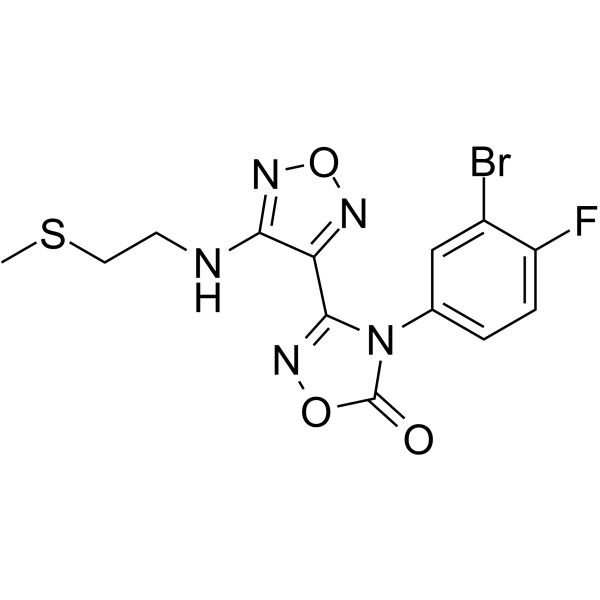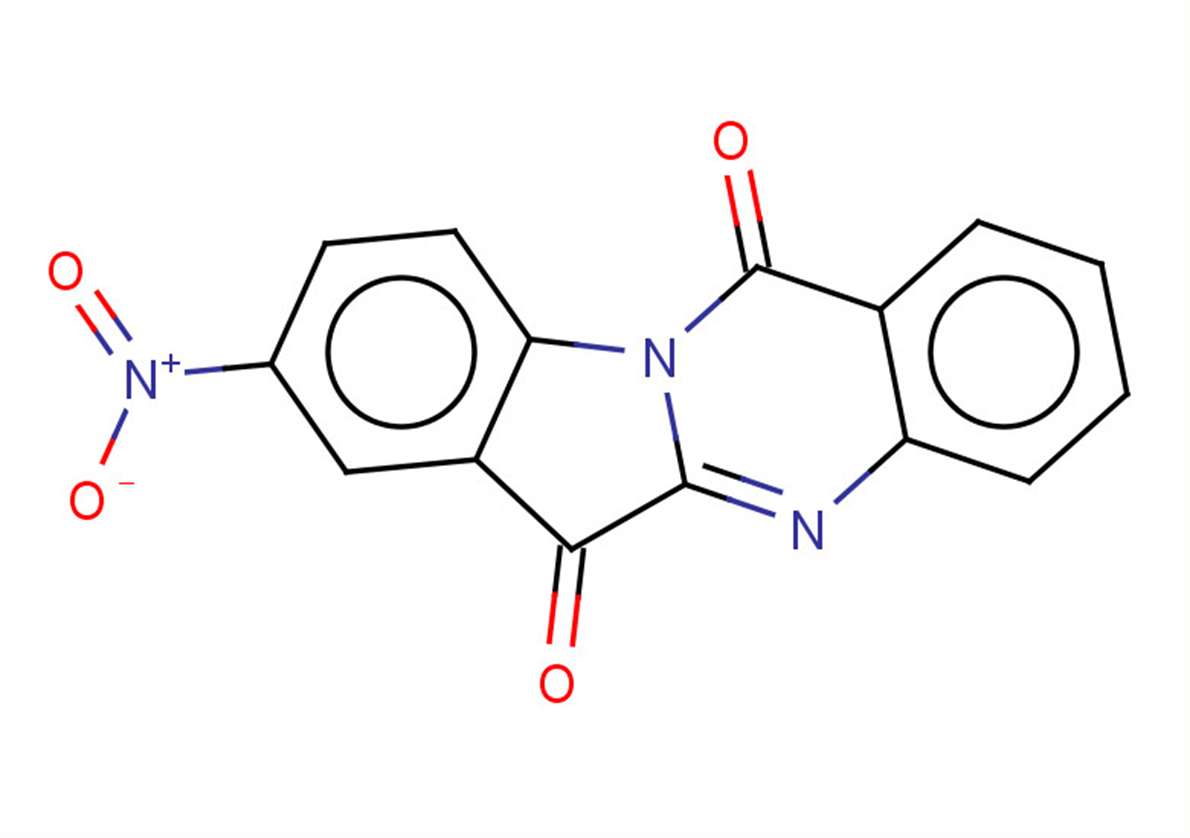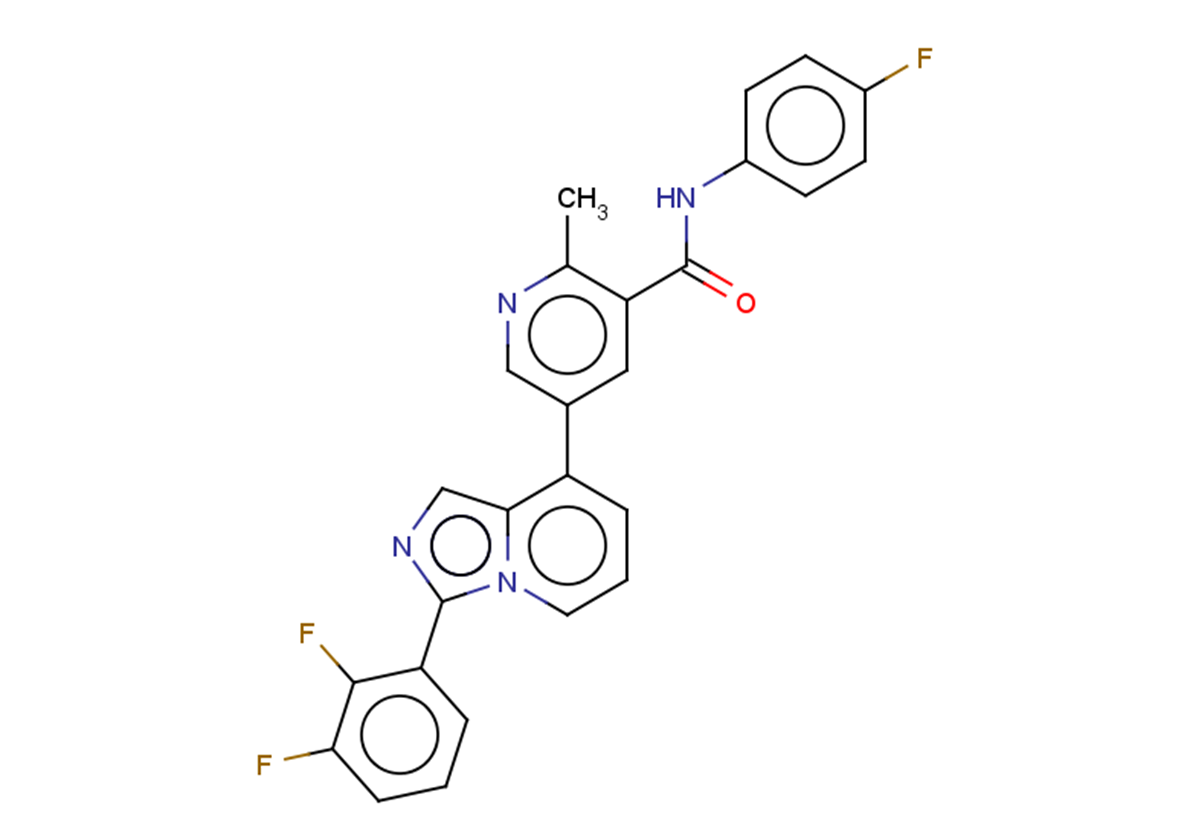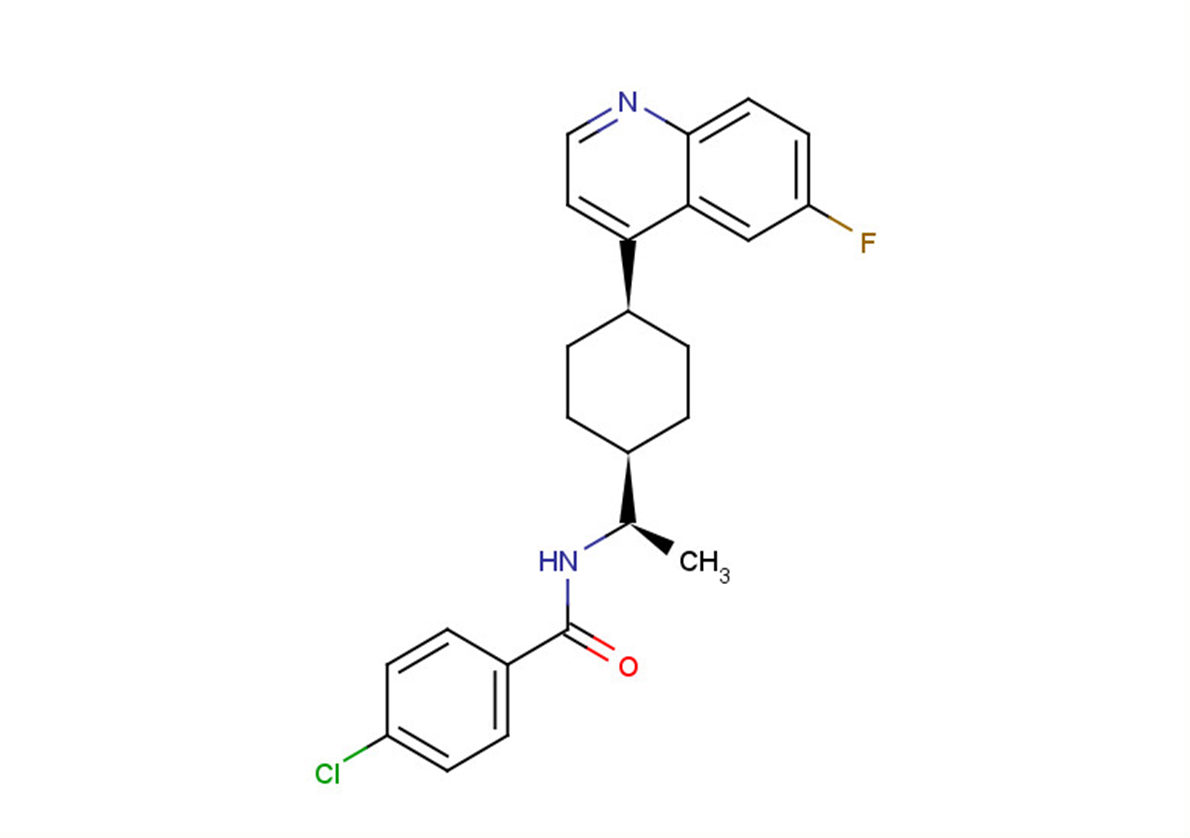IDO
IDO is a key enzyme in the catabolism of tryptophan to kynurenine. IDO activity causes a decrease in tryptophan levels and thus an accumulation of uncharged tryptophan transfer RNA (Trp-tRNA). Higher levels of Trp-tRNA result in the activation of general control non-derepressible 2 (GCN2), a stress-response kinase, which phosphorylates eukaryotic initiation factor-2 (eIF-2). eIF-2 phosphorylation limits protein translation, ultimately leading to decreased T-efector cell proliferation. Mammalian target of rapamycin complex 1 (mTORC1) is suppressed in settings of tryptophan depletion. Tryptophan degradation results in blockade of master amino acid-sensing kinase glucokinase 1 (GLK1) and suppression of mTORC1. Activated mTORC1 inhibits autophagy. Relief of this inhibition allows autophagy to proceed, leading to increased T-efector cell apoptosis. Finally, by catabolizing tryptophan, IDO leads to an increase in kynurenine, which binds to the aryl hydrocarbon receptor, causing the diferentiation of T-regulatory cells (Tregs) that suppress antitumor immune responses. IDO also exerts immunosuppressive efects by augmenting interleukin (IL)-6, a known driver of immunosuppressive myeloidderived suppressor cells (MDSCs). Finally, IDO is selfrenewing, as increased kynurenine levels can lead to further IDO expression by dendritic cells.
References
1.Yentz S,et al. BioDrugs. 2018 Aug;32(4):311-317.
References
1.Yentz S,et al. BioDrugs. 2018 Aug;32(4):311-317.
Metabolic Enzyme/Protease
11β-HSD(15)
15-PGDH(1)
ACC(10)
ACE(15)
AChE(47)
Adenylate Cyclase(12)
ALDH(14)
Aldose Reductase(5)
Aminopeptidase(19)
BACE(19)
Casein Kinase(51)
CAT(5)
Cathepsin(9)
CETP(13)
COMT(2)
CPG2(1)
CYPs(6)
Decarboxylase(3)
Dehydrogenase(131)
DGAT(4)
Dopamine beta-hydroxylase(2)
DPP(32)
Elastase(6)
FAAH(28)
Factor Xa(31)
Fatty Acid Synthase(17)
Ftase(2)
FXR(26)
Glucokinase(1)
GSNOR(2)
Guanylate Cyclase(13)
HMGCR(17)
IDH(7)
IDO(20)
IMPDH(2)
LDH(2)
LDL(8)
Lipase(17)
Lipid(12)
MAGL(6)
MAO(72)
MMP(78)
NAMPT(12)
Neprilysin(7)
Other Targets(10)
P450(112)
PAI-1(9)
Phosphatase(95)
Phospholipase(65)
PPAR(115)
Protein Phosphatase/PTP(6)
Renin(8)
Retinoid Receptor(37)
SCD(6)
Steroid Sulfatase (STS)(2)
Thioredoxin(1)
TPH(5)
Transferase(37)
Vitamin(44)
Xanthine Oxidase (XAO)(11)
IDO
-
NLG802
产品货号 : M35122
cas no: 2071683-99-1
NLG802 是 indoximod 的前体,indoximod 是一种口服活性的吲哚胺2,3-双加氧酶(IDO)抑制剂。
-
IDO-IN-12
产品货号 : M26255
cas no: 1888341-29-4
IDO-IN-12 是吲哚胺 2,3-双加氧酶 (IDO) 的抑制剂。
-
GNF-PF-3777
产品货号 : M24779
cas no: 77603-42-0
GNF-PF-3777 (8-Nitrotryptanthrin) 是人吲哚胺 2,3-双加氧酶 2 的有效抑制剂。
-
IDO-IN-13
产品货号 : M24043
cas no: 2291164-02-6
IDO-IN-13 是一种有效的吲哚胺 2,3-双加氧酶 1 (IDO1) 抑制剂 (EC50: 17 nM)。
-
BMS-986242
产品货号 : M23875
cas no: 1923844-48-7
BMS-986242 是一种口服有效、选择性的吲哚胺-2,3-双加氧酶 1 (IDO1) 抑制剂,可用于癌症研究。



 021-51111890
021-51111890 购物车(0)
购物车(0)
 sales@molnova.cn
sales@molnova.cn






